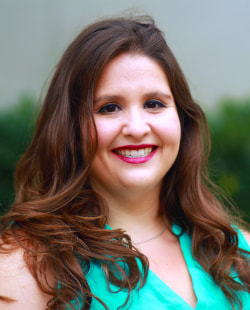Two-year colleges have served as vital stepping-stones for students seeking to earn a bachelor’s degree. Four out of five students who begin their higher education at a two-year institution aspire to eventually earn a bachelor’s degree. To achieve that goal, these students must complete their current program’s requirements and then matriculate at a four-year college—a process known as “vertical transfer.”
This is commonly extolled as a cost-saving strategy, but it can also create unexpected challenges for students. Indeed, prior studies have shown that beginning college at a two-year institution decreases a student’s probability of eventually obtaining a bachelor’s degree—even among those who express a clear intent in doing so. Yet relatively little is known about how vertical transfer may affect students’ future labor market outcomes. To shine light on the vertical transfer process, this report compares the outcomes of otherwise similar groups of students who aspire to obtain a bachelor’s degree, with the only difference being that one group begins college at a two-year college, while the other begins at a four-year university. We also stratify our sample to study if the effects of initiating college at a two-year institution differ across various student populations. Given that these students all began college with the same goal in mind—obtaining a bachelor’s degree— we would hope that both groups experience similar academic and labor market outcomes. In line with past research, we find that starting at a two-year college sharply reduces students’ likelihood of earning a bachelor’s degree, and such negative effects are particularly pronounced for students in relatively high quartiles of precollege math ability. In terms of labor market outcomes, female students are less likely to work full time if they started at a two-year college rather than a four-year institution. Male students are also less likely to work full time, conditional on being in the labor market. The report concludes by examining several potential explanations for the disparities between students who initiate at two-year and four-year colleges. These include a slower accumulation of credits and early academic progress, challenges during the transfer process, a loss of credits at the point of transfer, and post-transfer academic shock. In this regard, two-year institutions may not be the stepping-stone that many policymakers and families have hoped for, unless additional efforts are made to improve the transfer pathway. Comments are closed.
|
Resources for:
|
|




